Oedipus, Bilbo Baggins and Atreyu – Deadly riddles and Sphinxes in Greek Mythology, J.R.R. Tolkien’s “The Hobbit” and Michael Ende’s “The Neverending Story”
[This article of mine has first been published on Antipodean Odyssey.]
When Bilbo Baggins, the protagonist of J.R.R.Tolkien’s The Hobbit or There and Back Again (1937), got lost in the cave system and tunnels of the Misty Mountains, he found by chance – or rather by fate – the One Ring, a powerful magical artefact crafted by the evil entity Sauron a long time previously. Shortly afterwards, Bilbo met the strange creature Gollum, who challenged him to a game of riddles. If Bilbo won the game, Gollum was supposed to show the little Hobbit a way out of the tunnels. If the creature won the game, it could eat poor Bilbo. Lost and alone, Bilbo had no choice but to agree to Gollum’s terms. After the opponents had played the game for some rounds the Hobbit won the contest by asking what he had in his pocket. Since Gollum, of course, had no chance to know that Bilbo had pocketed the One Ring, the Hobbit won the game of riddles in a rather unfair fashion and could only escape the creature’s rage by accidentally using the magic ring, that made him invisible.
In Greek mythology something quite similar had happened to Oedipus. Creon, the ruler of Thebes, had promised the throne of Thebes and the hand of his sister Jocasta to anyone who would free the city from the Sphinx, a creature that lived close to the city and strangled and swallowed all travelers that couldn’t solve her famous puzzle:
“What is it that speaks with one single voice and has first four, then two and finally three legs?”
Oedipus accepted the challenge and solved the Sphinx’s riddle: As a child a human first crawls on all fours, before he walks on two legs and finally needs a supporting stick in the old age. After having heard the correct answer, the Sphinx committed suicide by jumping from a rock. Thebes was freed, and Oedipus became king (Apollod. 3,5,8).

In both cases an unhuman creature threatens a hero with death if he cannot solve its riddle and in both cases the creature will eat the hero if he fails. But there is one more parallel. At some point during the game it is Bilbo’s turn to come up with a riddle:
“No-legs lay on one-leg, two-legs sat near on three-legs, four-legs got some.”
Gollum doesn’t need long to find the solution: “Fish on a little table, man at table sitting on a stool, the cat has the bone.”
Although the parallel to the riddle of the sphinx is striking, it seems to be another tradition to which J.R.R. Tolkien is referring here. In a German book from 1847 I found a quite similar riddle in several versions in German and English language:
“Two legs sat upon three legs, with one leg in his lap. In comes four legs, and runs away with one leg. Up jumps two legs, catches up three legs, throws it after four legs, and maks (sic!) him bring back one leg.”[1]
(In this case two legs is a man, three legs a three-legged stool, four legs a dog and one leg a walking stick.) Here the parallel is even more striking and indeed Tolkien wrote in a letter to his publisher (letter no.110) that he did not invent this particular riddle but took it from somewhere, (unfortunately he did not mention from where exactly).[2] Therefore, he obviously did not directly adapt the riddle of the sphinx. Nevertheless, the leg-riddle from 1847 might belong to a category of riddles that goes back to the myth of Oedipus.[3]
Of course, Tolkien was heavily influenced by Nordic and Germanic traditions. Thus, his riddles were surely influenced by the Exeter Book and other collections of the Anglo-Saxon tradition of riddling as well as of the Alvíssmál, a poem collected in the Poetic Edda.[4] On the other hand, even when it has been only for a short time,Tolkien had studied Classics in Exeter and was definitely familiar with Greek and Latin literature. Therefore, it seems still quite possible that at least regarding the hero being threatened to be eaten by an unhuman creature if he fails to win a riddle contest, Tolkien was influenced by the myth of Oedipus.

Picture: Michael Kleu
In Michael Ende’s Die unendliche Geschichte (The Neverending Story, 1979) the black centaur Cairon, who is the most famous physician in the magical land of Fantastica and therefore a clear reference to Chiron is a first indication that the author used elements of Greek myths for his book. And as we will see know, Ende’s story was very concretely influenced by the myth of Oedipus. To reach the so-called Southern Oracle, the hero Atreyu is supposed to pass a way between two Sphinxes facing each other. This is only possible when the eyes of the Sphinxes are closed because a traveler will freeze if he is caught by their gaze, since the eyes of the Sphinxes ask by nonverbal communication all known riddles at the same time and the passerby can only move after having solved all of them, what eventually leads to the death of the people concerned.
The oracle is of course a fixed element in Greek myth and the Delphic Oracle is of major importance for Oedipus’s fate. Furthermore, the freezing of the passerby evokes references to Medusa. Therefore, Ende has mixed some well-known elements of Greek mythology to create a new story. On the other hand, it is quite interesting that Atreyu has no chance to pass the Sphinxes with the help of his own skills, wits or abilities. In fact, it seems to depend on pure chance or fate if someone can pass the Sphinxes or not. At least the gnome Engywook, who is Fantastica’s leading scientist in this field, even after many years of study could not find any form of pattern regarding the question why the Sphinxes let pass some people while they stop others.
While the classical reception is obvious in Die unendliche Geschichte, the case of The Hobbit is a much more complicated case of what might happen when mixing several myths and traditions. But why do we find deadly riddles in both books for young people? Are such riddles supposed to address notably children and teenagers? The fact that one can find the same topic in fantasy stories for adults suggests that these are interested in riddles in a similar way.[5] But there is nevertheless one important connection between adolescents, riddles of and death: According to Ps.-Plutarch (1.4) no-one less than Homer shall have died of sorrow after he could not have solved some young fisherman’s riddle …
[1]EduardFiedler: Volksreime und Volkslieder in Anhalt-Deßau, Deßau 1847, p. 43.
[2] Tolkien wrote in the letter to his publisher that he invented most of the riddles from the chapter “A riddle in the Dark” while he took the no-leg riddle and another one from somewhere else. Although he calls the other riddle a traditional one, unfortunately, he does not mention from where he took the riddle with the legs. In the letter Tolkien also wrote that he was inspired by “old literary (but not ‘folk-lore’) riddles” and in one case he mentions American books with nursery rhymes.
[3] The riddle of the Sphinx was a part of the Byzantine Greek Anthology’s riddle collection (book 14 no. 64). Thus, the riddle could have been passed on via the myth of Oedipus and via riddle collections. Neither in Symphosius’ late antique collection (Aenigmata) nor in the Book of Exeter I could find riddles similar to the one under discussion.
[4] In the Alvíssmál Thor and the dwarf Alviss try to settle a dispute in form of a contest in which Alviss must answer Thor’s questions. The contest takes so long that at some point the sunrise turns the dwarf into stone – in Nordic mythology sunlight does that to dwarves – what resembles the fate of the three trolls in “The Hobbit”. For the influence of theAnglo-Saxon tradition of riddling and the Alvíssmál on “The Hobbit” cf. A.Roberts: The Riddles of The Hobbit, Basingstoke/New York 2013.
[5] In Stephen King’s “The Waste Lands” and “Wizard and Glass” (The Dark Tower III & IV) the protagonists have to riddle for their lives against a sentient monorail that has lost its mind.
[This article of mine has first been published on Antipodean Odyssey.]
- Iron Widow und die Rezeption chinesischer Geschichte und Kultur - 31. Januar 2026
- Vita Michael Kleu - 7. Januar 2026
- Publikationen - 7. Januar 2026
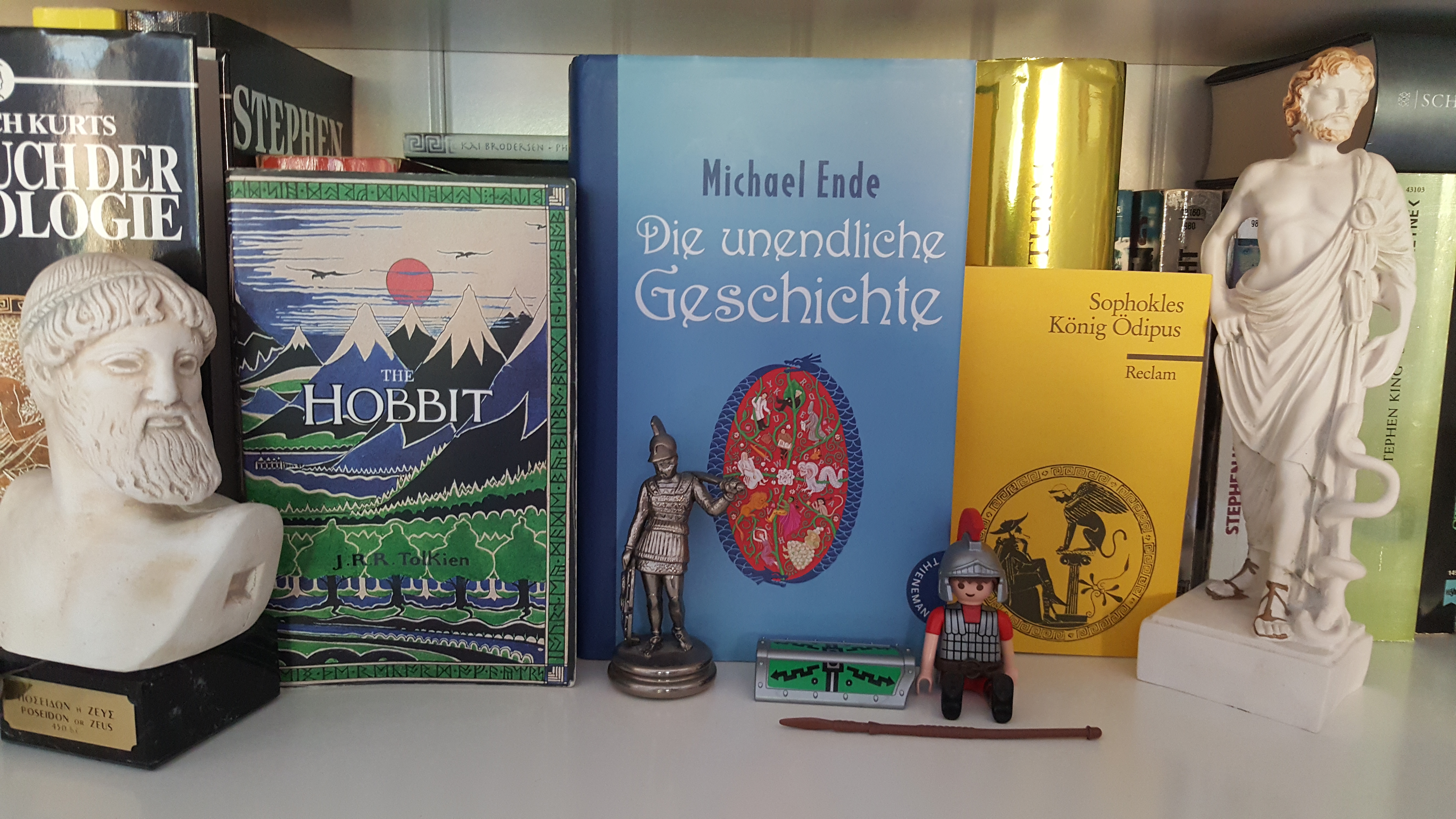
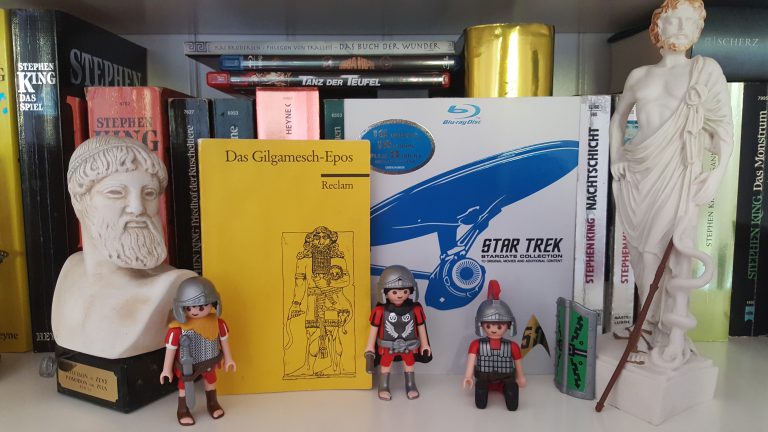
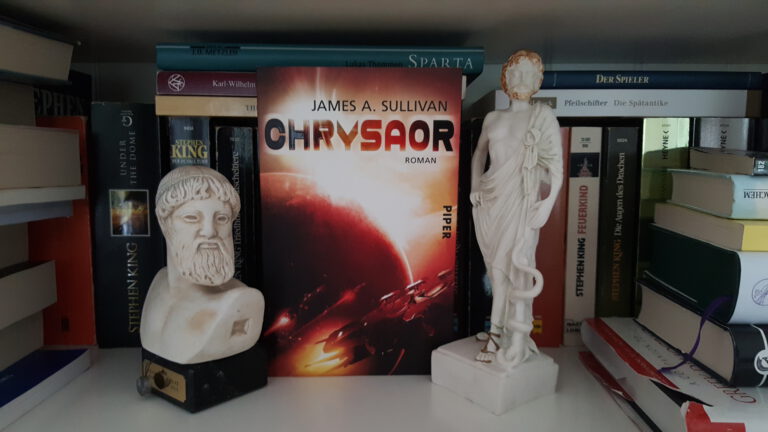
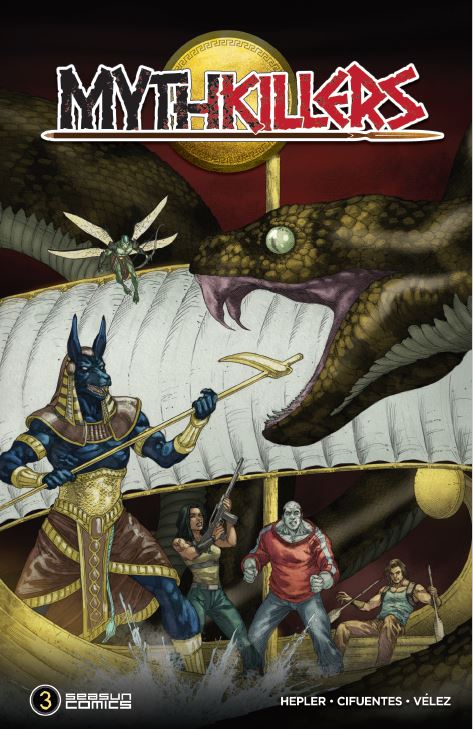
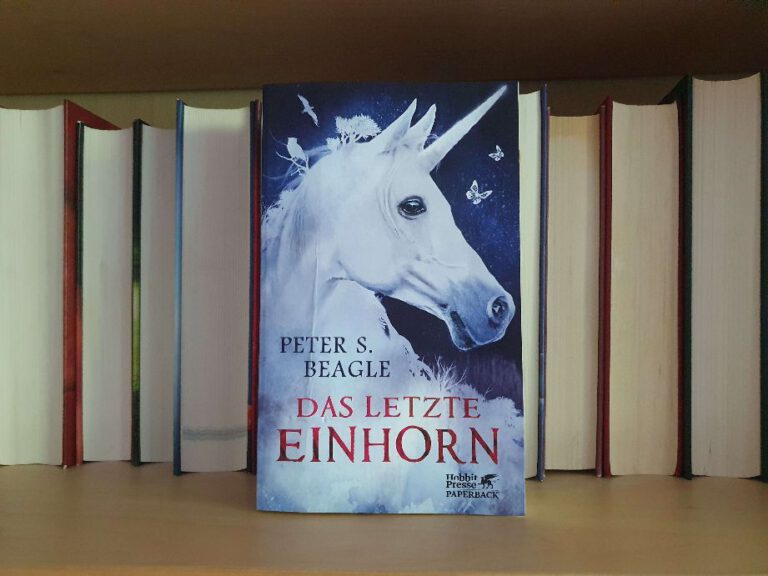


Sehr cooler und interessanter Artikel. 🙂 Ich komme ab jetzt gern öfter hier vorbei
Hi!
Freut mich, dass Dir der Artikel gefällt!
Viele Grüße
Michael